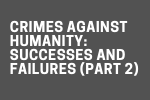
by Sarah Kim | Mar 1, 2019 | Law
Introduction Crime against humanity was established as an international crime during the Nuremberg trials in 1945. Since then, prosecution of crimes against humanity has had mixed results, with both successes and failures. Crimes against humanity featured prominently...
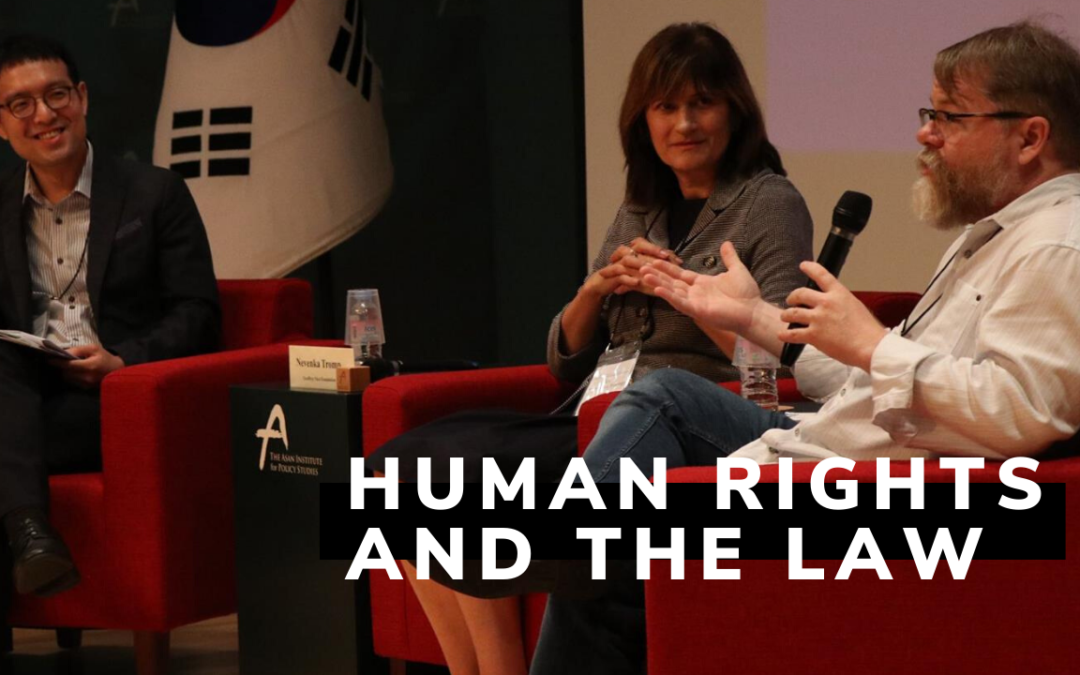
by Access Accountability | Feb 5, 2019 | Law, Video
“Human Rights and the Law” was recorded on 25 July 2017. This was the first session of a conference titled Amassing Evidence: Applying Information Technology and Forensic Science in Human Rights Documentation, in Seoul, South Korea. The event involved...

by Access Accountability | Sep 11, 2018 | Law
Nick Koumjian Delivered at a training workshop for human rights documentation practitioners organised by the Transitional Justice Working Group in June 2018, hosted by the Documentation Center of Cambodia in Phnom Penh. Lecture Summary: The Extraordinary Chambers of...
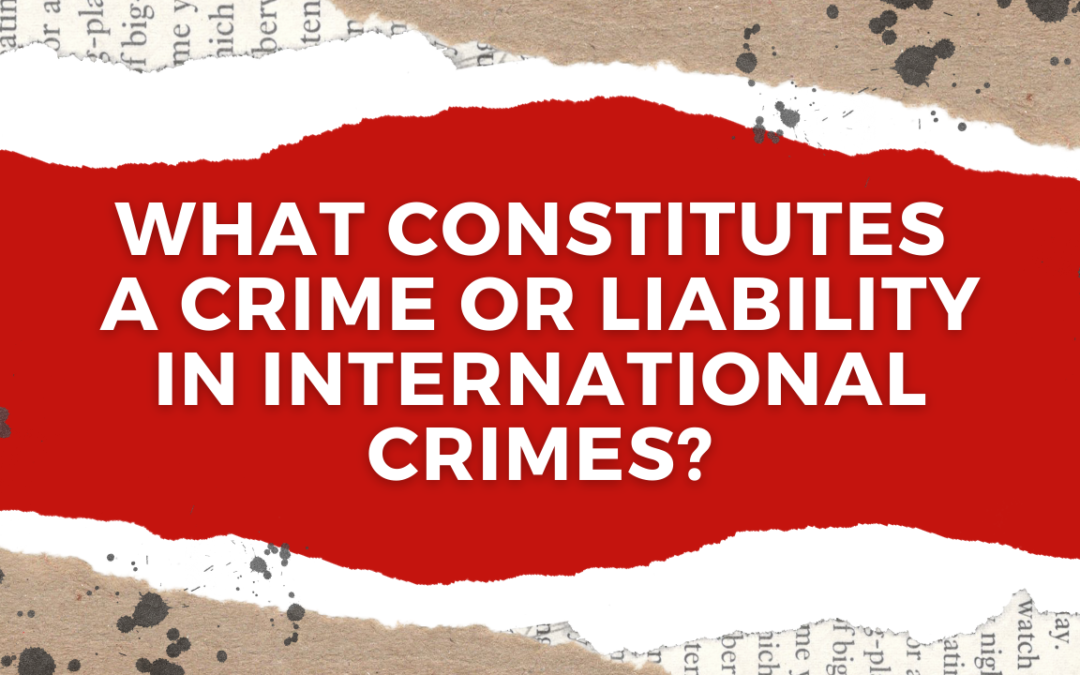
by Nova Pui Yan Tang | Aug 21, 2018 | Law
A crime is committed when there it can be determined that both Actus Reus and Mens Rea exist – the “act” and the “intent”. Actus Reus refers to what the defendant has done. This can be either an act (e.g. killing someone) or an...
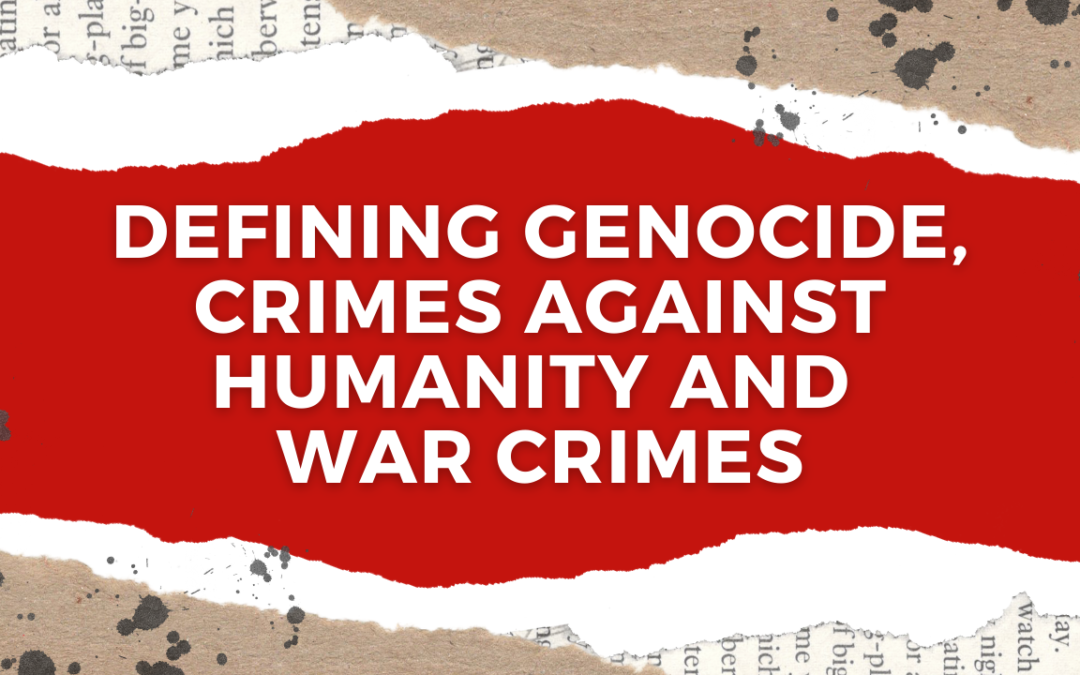
by Nova Pui Yan Tang | Aug 21, 2018 | Law
This article looks at the definition of genocide, crimes against humanity and war crimes: the key international crimes included in the Rome Statute. For the significance of the Rome Statute, please refer to “Training Guide: International Criminal Law for Syrian...
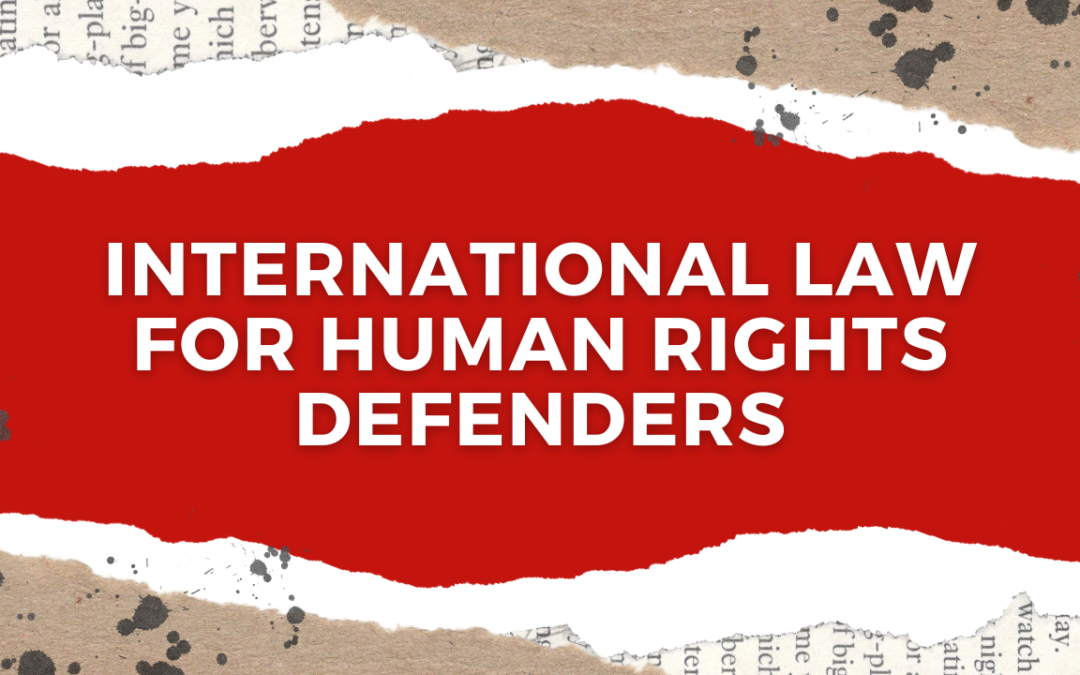
by Nova Pui Yan Tang | Aug 15, 2018 | Law
International Criminal Law and International Human Rights Law are common sources of law to hold individuals accountable for committing certain international crimes. As these crimes usually entail human rights violations, it is important for human rights defenders to...







